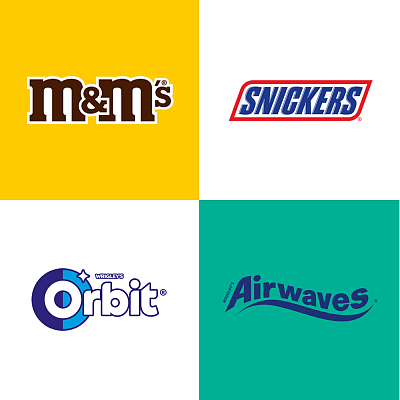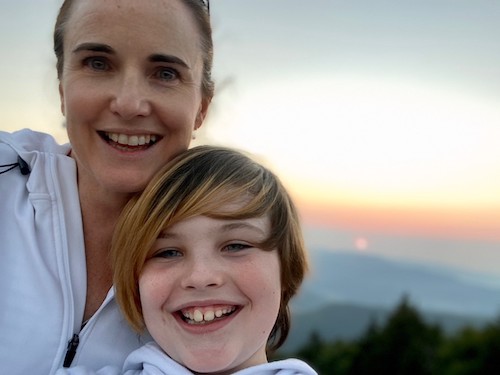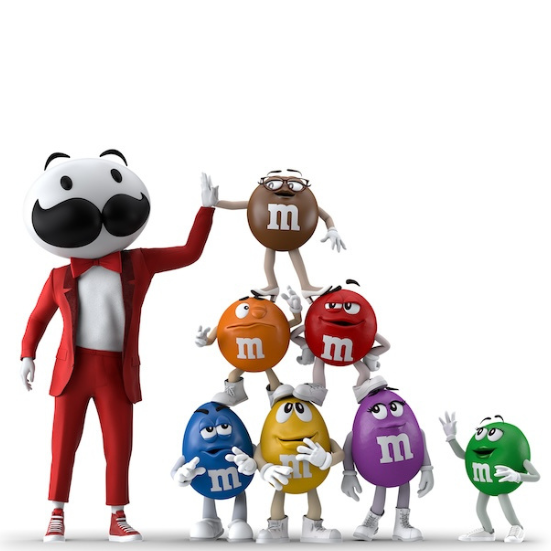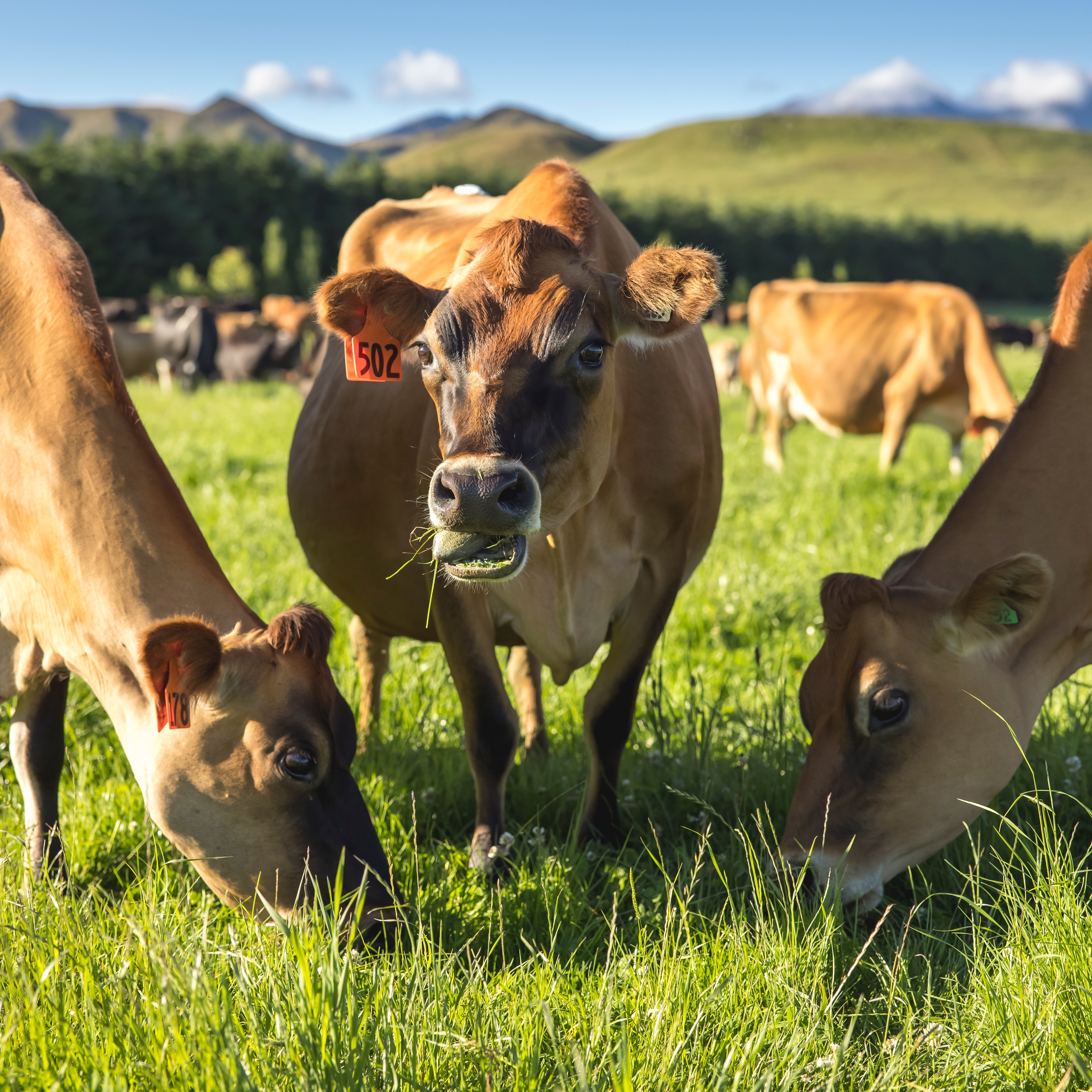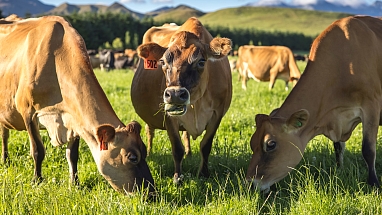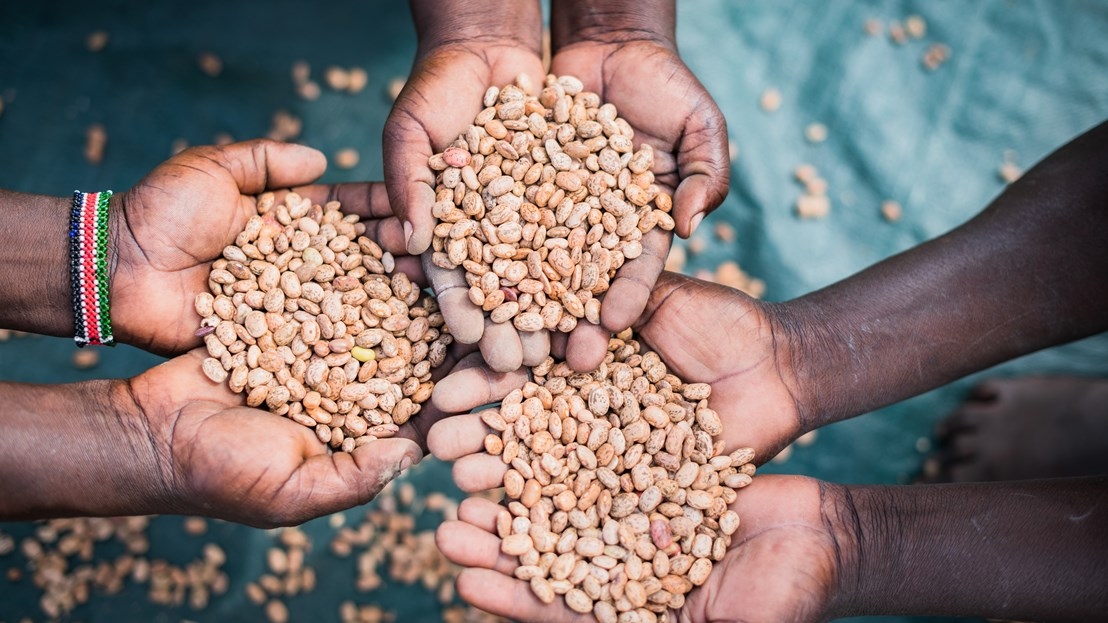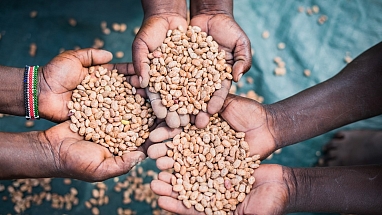Hybrid work and eight hugs a day: why I’m grateful for new ways of working at Mars
By Margaret Mitchell, Global VP, People & Organization, Mars Incorporated
I feel grateful for little moments that lead me to pause. Perhaps it’s the anticipation of what 2023 will bring, beckoning with hope and fresh possibilities. Maybe I’m forever shifted by world events of the last few years and trying to remind myself what matters. Whatever the reason, I recently had one of those moments after a fierce and fabulous hug from my twelve-year-old son before he jumped onto the bus for his last school day before the holiday break.
Before the pandemic turned the world upside down, we were living in Singapore. I remember returning home from the office one evening to my youngest son (the now twelve-year-old), eagerly waiting to tell me what he’d learned about the science of hugs. Yes, hugs. He shared that eight hugs per day was a magic number (according to his teacher) and listed facts about the many health benefits of those eight hugs, from lowering blood pressure to boosting serotonin. With this news, I got a big, tight, longer-than-usual hug. I laughed at his enthusiasm until he let go, and I saw an expression on his face that said something quite different.
“What’s wrong?” I asked. No response.
My mind raced with all the usual suspects: being picked on at school, in trouble with a teacher, a fight with one of his brothers...
“You can tell me anything,” I prompted.
He clearly had to find his courage, so I waited patiently, ready to do my super-mum problem-solving with him as soon as he was ready.
Very quietly, the words came. “I don’t think you have enough time for eight hugs every day," he said.
Gut punch. With long days in the office and quite a lot of travel, my then eight-year-old was feeling the effects, and now worried that I didn’t have enough time for eight hugs each day, whatever he thought that meant for my wellbeing. If my child felt I couldn’t find a few minutes every day for a few extra hugs, what was I doing? As a working parent, you know there will always be trade-offs. When your child notices those trade-offs and worries about you, the balance feels all wrong.
Fast forward to the biggest global experiment of remote work practices that has ever existed: the COVID-19 pandemic and millions of office workers sent home to work. Incredible Mars Associates across our workplaces, from vet hospitals to factories to offices, navigated how to work safely and keep our business operating. For those working in our offices, that meant fully remote work during the height of the pandemic, no travel, and embracing technology to get our jobs done. What an amazing demonstration of human agility and resilience. While I managed a largely remote team across our Asia Pacific region then, I still missed connecting with colleagues over coffee and attacking complex business challenges in a conference room with whiteboards and post-it notes on the walls (it’s just not the same by yourself at home). However, as I found out, along with the rest of the world, there were upsides to remote working too.
Overnight, I had time for eight hugs a day. With work travel out of the equation and my three kids learning virtually, we consistently spent more time than ever together. Amidst the chaos of our new virtual world, I appreciated the moments of connection during the day, consistent family dinnertime, the humor of things said when I didn’t know the virtual class could hear me(!) and even co-existing at the dining room table while we tackled our 'leftover' tasks for the day. This was the way of life in our little family bubble. Like everyone, I wasn’t quite sure what post-pandemic life would look like or when that next chapter would begin. I was sure I didn’t want to lose feeling more closely connected to my family. I was sure I didn’t want to lose time for eight hugs every day.
In the summer of 2021, Mars shared that the future for office Associates would be hybrid. We recognized our chance to reimagine where, when, and how we worked in line with our Five Principles and Purpose. We hoped this change would offer flexibility that mutually benefited our people and business. We also intentionally decided to share a global evidence-based guideline with our Associates, encouraging them to spend about half of their time connecting with their teams and colleagues in person when it was safe to do so.
I returned to an office for the first time in June 2021. Having taken a new role during the pandemic, it was both a new job and a new office for me at our global headquarters in McLean, Virginia. There were aspects of this scaled hybrid flexibility that clicked for me: embracing a change of scenery, connecting with people again, known and new; feeling the value of bringing my distributed team together in person and leveraging virtual connections when it made more sense; appreciating the choice to tailor where and when I worked to the tasks at hand. Then, of course, there were newfound challenges and tensions too: technology catching up to our new hybrid meeting needs; navigating how new strains and surges of the pandemic affected gathering; consistently building our skills to make ‘asynchronous’ work, work; and balancing our individual personal preferences for working with the needs of our customers and the collective team. It’s been a process for sure.
The science of flexible work is clearly still emerging, and so far, the evidence remains that hybrid work is good for businesses and people, which isn’t surprising. Like any other organization on this planet, we are navigating how to turn our vision of flexible work into a seamless, inclusive experience across physical and digital workplaces for Associates. We’re learning day by day, experiment by experiment, to understand what this next evolution will bring. I think it’s worth the effort if it helps us build a more meaningful, balanced world of work where we can achieve great things together.
So, I’m thankful for Mars and all the employers worldwide who are making an effort to learn and iterate our way forward in this ‘next normal’ for the benefit of all. Because whatever you use to measure mutual success (I still include hugs per day), it makes for better humans, better companies, and in my estimation, a better world.


